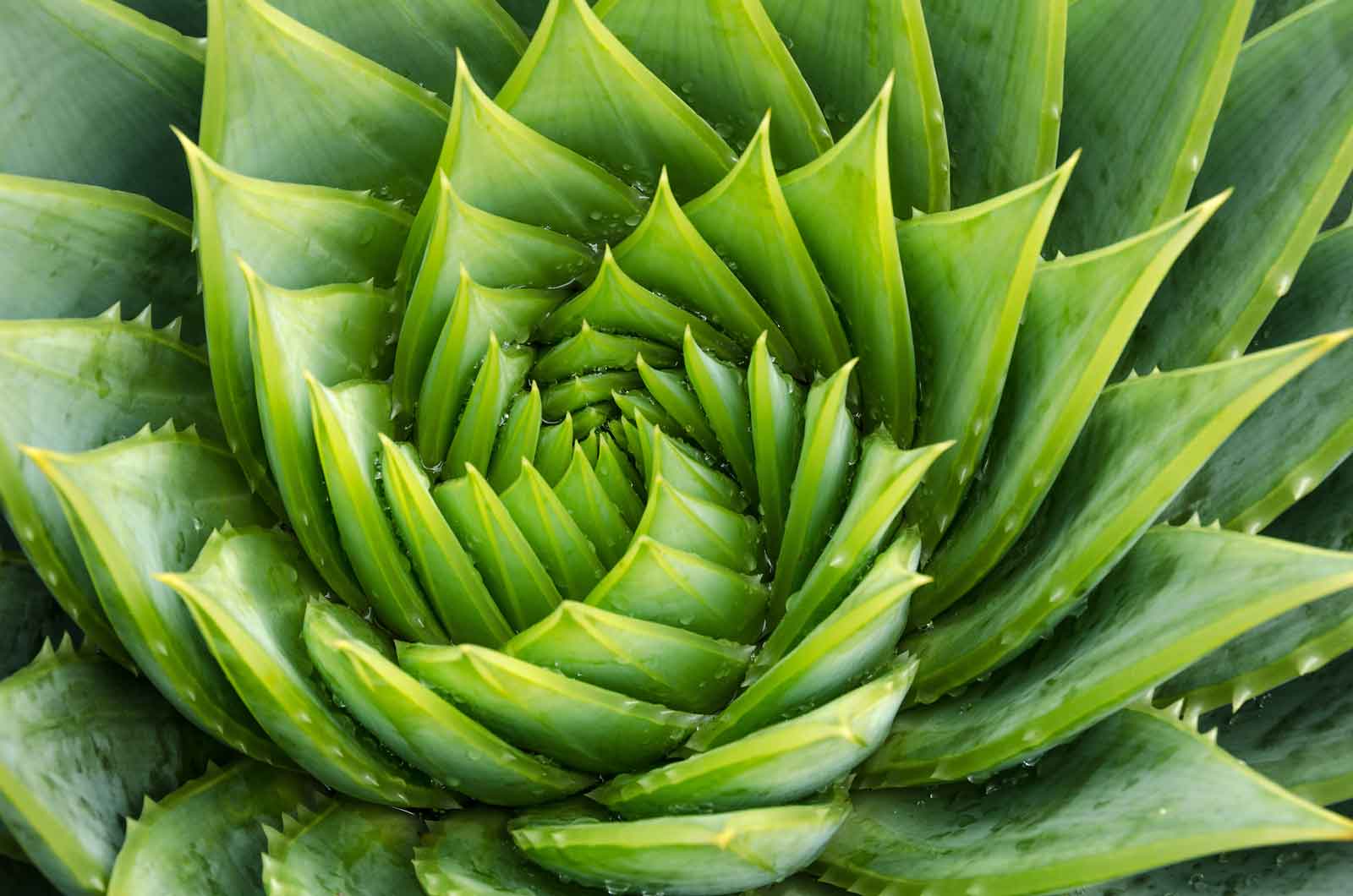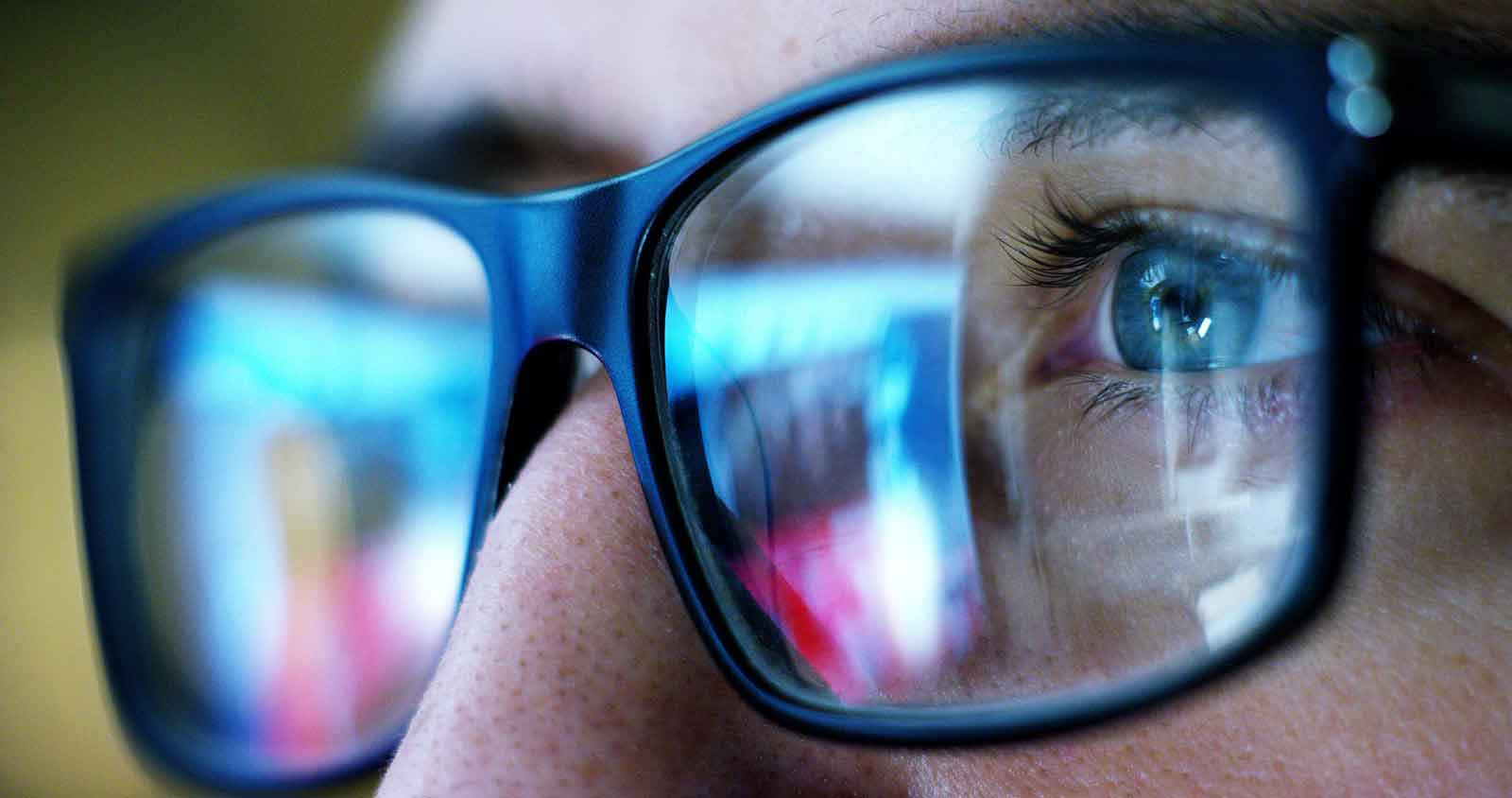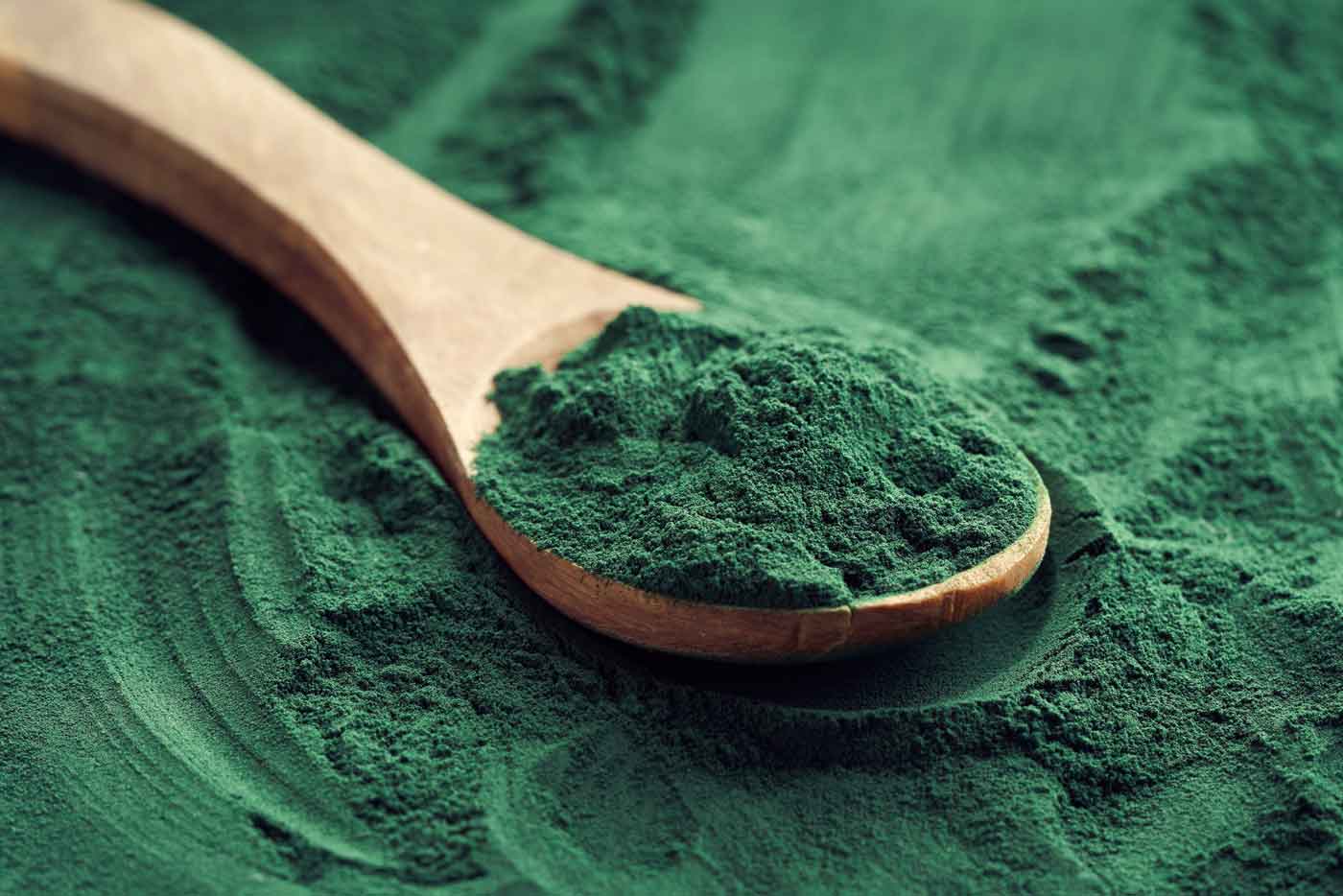
Aloe Vera | The Miracle Plant
WRITTEN BY TRANG TRAN AND DR. SWATHI
What is aloe vera?
The aloe vera plant belongs to the Liliaceae family and originates from southern and eastern Africa. It is a perennial, succulent plant that retains water in the leaves which enables it to survive in a dry environment.
What is aloe vera used for?
Remarkably, it is used in the food, cosmetic, and pharmaceutical industries. In the food industry, it has been used as a functional food and as part of an ingredient for the production of gel-containing health drinks and beverages. In the cosmetic industry, it has been used as base material for creams, lotions, soaps, shampoos, deodorants, and herbal masks. In the pharmaceutical industry, it has been used in topical products such as ointments and gel preparations and in the production of tablets and capsules.
What vitamins and minerals does aloe vera have?
It was discovered that both the aloe vera gel and the whole leaf extract improve the bioavailability of co-administered vitamins in human subjects, possibly due to the protective effect of aloe vera against degradation of the vitamins in the intestinal tract and the binding of the polysaccharides (complex, long-chain carbohydrates) to the vitamins which slows down the rate of absorption. As a result of the absorption-enhancing effect, it is proposed that aloe vera may be used to effectively deliver poorly absorbable drugs through the oral route of administration.
Not only is aloe vera versatile, but it also contains 75 biologically active compounds including vitamins (i.e., vitamins A, B1, B2, B3, B6, B12, C, E), folic acid, choline, minerals (i.e., phosphorus, potassium, iron, sodium, copper, magnesium, calcium, chromium, and zinc), enzymes, sugars (i.e., glucose and mannose), phenolic compounds, sterols, and amino acids (aloe vera gel is a source of 19 out of 20 essential amino acids which are required by the body).
What are the health benefits of aloe vera?
Wound Healing
Aloe vera has a beneficial effect on the treatment of first and second degree burns as well as abrasions (due to the astringent property of aloe vera which causes contraction of the body tissues which in turn reduces bleeding from minor abrasions), psoriasis (due to the anti-itching and hydrating properties of aloe vera), and bug bites (due to also the anti-itching property of aloe vera). Acemannan, a polysaccharide contained in the aloe vera gel, speeds up the wound healing process by increasing collagen synthesis and producing hyaluronic acid (a substance that increases moisture in the skin) and hydroxyproline (a major component of collagen). Due to its high water content (over 99% water), aloe vera may also help with wound healing by keeping the wound moist. Besides the therapeutic application for wound healing, aloe vera also has cosmetic application in that it increases the elasticity of the skin through collagen repair and acts as an emollient to help soften and soothe the skin.
Anti-inflammatory
Bradykinase is an enzyme present in aloe vera that is responsible for breaking down bradykinin, an inflammatory substance which causes pain. Additionally, the compound, beta-sitosterol, in aloe vera may help reduce inflammatory pain.
Pain Reliever
The pain relieving property is attributed to one of the chemical components of the aloe vera gel, namely, salicylic acid, an aspirin like compound.
Digestive Health
Aloe vera juice is used for the treatment of indigestion, heartburn, and irritable bowel syndrome. Because it is gelatinous, aloe helps soothe and cleanse the digestive tract by absorbing toxins as it moves along the intestinal tract and thereby helps with detoxification. Interestingly, since aloe vera is an adaptogen (a substance that allows your body to adapt to stress), ingestion of aloe vera can either help with constipation or diarrhea, regulating the elimination cycles in either direction. Moreover, aloe helps to balance the gut bacteria as well as helps eliminate intestinal worms.
Antimicrobial
In the setting of dentistry, aloe vera is used in the treatment of gingivitis (inflammation of the gums) and periodontitis (gum disease). Specifically, aloe vera helps reduce gum inflammation and the pain associated with it. Clinical studies have shown that mouth rinses containing aloe vera also helps reduce plaque accumulation. Moreover, the antiviral properties of aloe vera helps in the treatment of herpes simplex and herpes zoster infections. Aloe vera gel also exhibits antifungal activity by inhibiting the growth of Candida albicans, a pathogenic yeast that is commonly found in the mouth.
Other therapeutic properties of aloe vera include antioxidant activity, lipid and blood glucose lowering effects, and anti-obesity effects.
What are the safety concerns with aloe vera?
Excessive and long-term internal use of aloe vera may cause diarrhea and thus lead to the loss of water and electrolytes, especially potassium. Due to the risk of fluid and electrolyte abnormalities, those who take steroids, medications for irregular heartbeat, or water pills should avoid aloe vera. Another side effect resulting from the use of aloe vera is the laxative effect. It is important to note that the aloe vera latex, not the aloe vera gel, contributes to the laxative effect, thereby increasing the amount of fluids in the colon and stimulating colon contractions. Aloe latex (the yellow fluid-like substance under the aloe leaf) contains phenolic compounds called anthraquinones (aloin A and aloin B) that are responsible for the laxative effect when taken orally. Although aloe vera may cause an allergic response in susceptible people, it is reported that external use of aloe vera gel is generally safe. Of note, aloe vera should not be used internally during pregnancy, lactation, or in those with abdominal pain, appendicitis, or intestinal obstruction. If you have any questions and concerns regarding adding aloe vera to your daily routine, do not hesitate to reach out to your trust healthcare provider and/or Dr. Swathi!
The bottom line
Aloe vera is rich in vitamins, minerals, and antioxidants and is used in a wide variety of settings ranging from the food industry to the cosmetic industry to the pharmaceutical industry and even expanding to the field of dentistry. Aloe vera has many therapeutic applications such as accelerating wound healing, decreasing inflammation, relieving pain, improving digestion and aiding in detoxification, exhibiting antibacterial, antiviral, and antifungal activities, and lowering lipids and blood sugar. Despite the many healing properties of aloe vera, it is important to read the ingredients because some aloe vera gel products contain alcohol which can dehydrate the skin and exacerbate the skin that is already dry, irritated, or burned.
References:
- Ahlawat KS, Khatkar BS. Processing, food applications and safety of aloe vera products: a review. J Food Sci Technol. 2011;48(5):525-533.
- Hamman JH. Composition and applications of Aloe vera leaf gel. Molecules. 2008;13(8):1599-1616.
- Mikolajczak, N. Potential health benefits of aloe vera. J Educ Health and Sport. 2018; 8(9):1420-1435.
- Nicolau-Lapeña I, Colàs-Medà P, Alegre I, et al. Aloe vera gel: An update on its use as a functional edible coating to preserve fruits and vegetables. Progress in Organic Coatings. 2021;151:106007.
- Sharma, A. Super health benefits and uses of aloe vera. Athena Information Solutions. 2013.
- Sujatha G, Kumar GS, Muruganandan J, et al. Aloe vera in dentistry. J Clin Diagn Res. 2014;8(10):ZI01-ZI2.
--
This article was edited by Dr. Swathi and was written by Element Apothec Scientific Communications Intern, Trang Tran. She is a Doctor of Pharmacy (PharmD) student at Oregon State University and Oregon Health & Science University College of Pharmacy in Portland, Oregon.











